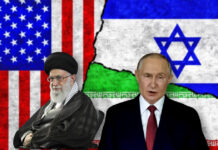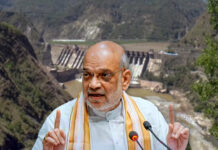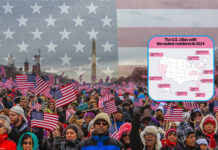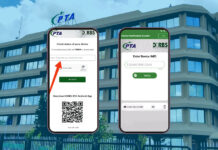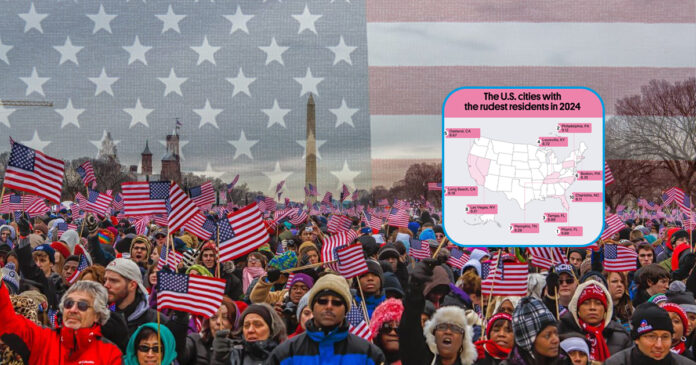A new language study has proved Americans to be the most profane online English users. The researchers scrutinised 1.7 billion words from blogs, news sites, and websites. Americans use more curse words than any other group of people.
The Surprising Online Tough Guy
The research didn’t look at Twitter and Facebook, but was limited to general internet content. Nonetheless, the results surprised many, including the Australian researchers themselves, who thought their nation would top the list.
Instead, Australians took the third place. The British ranked second. Americans cursed the most with 36 filthy words per 100,000. Brits were next with 25. Aussies were close behind at 22.
Why Americans Curse More
Anonymity is a big factor, says co-author Martin Schweinberger. “People tend to say things online they wouldn’t say face-to-face,” he said. Cultural tolerance for profanity is different, too. “Americans are more lenient online,” Schweinberger said.
He pointed out that in person, Americans swear less than many other English-speaking people. However, behind a keyboard, they open up and show their true colours.
The Dataset and Its Scope
The research took place across 20 English-speaking countries. Researchers constructed a database of 600 profanities. They consisted of popular curse words, acronyms such as “WTF,” and others.
They then counted how frequently these occurred throughout the dataset. Bangladesh proved to be the most courteous, with just 7 curses for every 100,000 words.
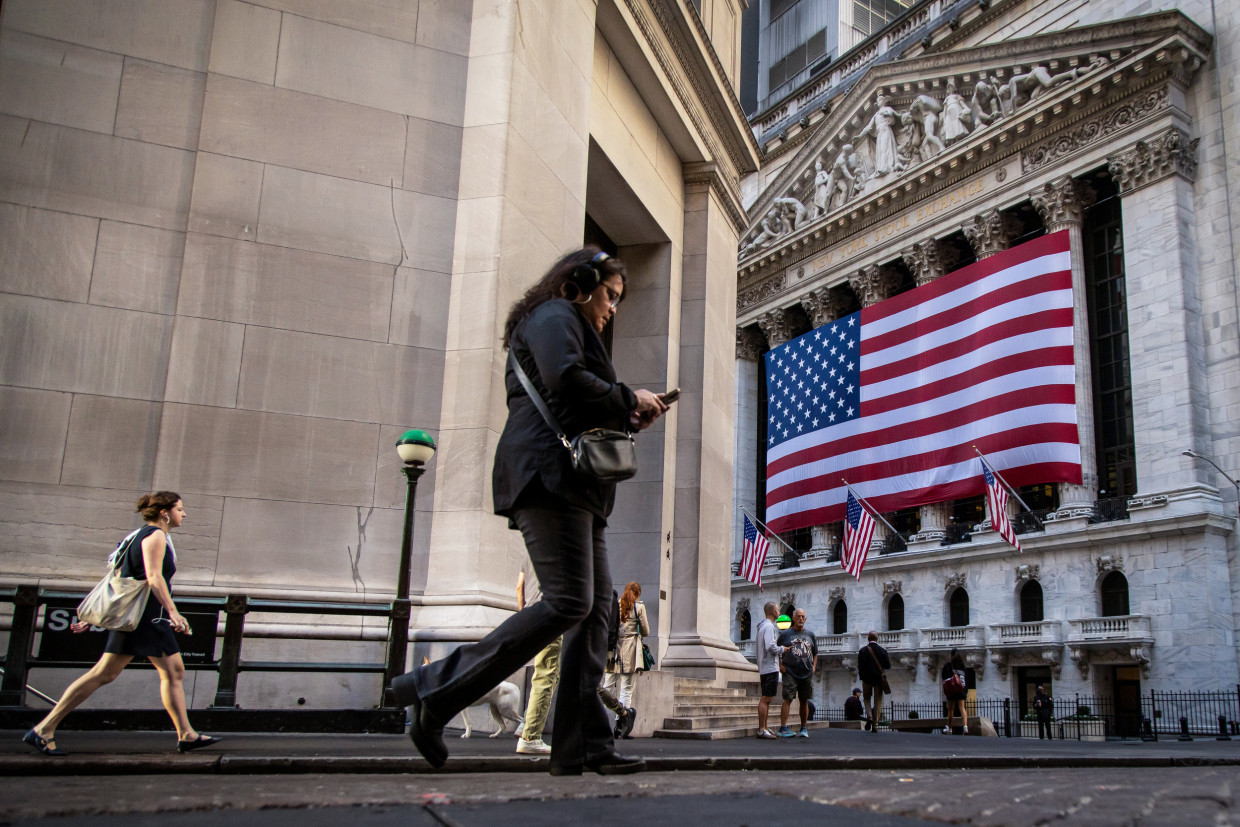
Social Media Tells a Different Story
While social media sites were not included in the primary study, researchers examined them in isolation. The biggest swearers on social media? New Zealanders, then the Irish, then Australians.
In everyday conversation, America places a low value on vulgarity, revealing a divide between online and offline conduct.
Swearing as a Cultural Indicator
Linguists indicate that deciphering swearing is more than a matter of tallying profanity. New Zealand linguist Andrea Calude said it’s a matter of local identity.
“Language indicates membership and non-membership,” she said. “Even in cyberspace, communities determine the use of English.”
Schweinberger concurred. He once cursed informally in front of Americans, and immediately noticed their expressions change. “It was like I’d done something horrible,” he remembered.
His lesson: Saying dirty words isn’t always a bad thing. It’s just when and where to say them.
Stay tuned to Brandsynario for latest news and updates







